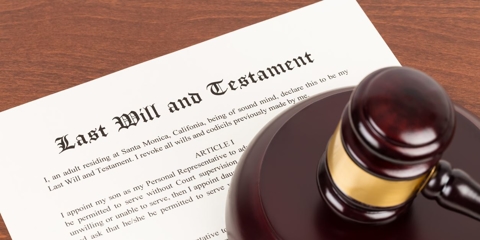There is an unrelenting opioid crisis in the United States, and it causes tens of thousands of accidental overdoses per year. The National Institute on Drug Abuse estimates that nearly 20,000, of these deaths in 2016 occurred as a result of overdoses involving legally prescribed drugs. And according to a 2018 report from the Drug Enforcement Agency, prescription drugs have caused more overdose deaths than any other illicit drug since 2001.
Sadly, a resolution does not appear to be on the immediate horizon or even on the radar of those in power. In fact, the Federal Drug Administration recently drew criticism for approving an opioid 10,000 times more potent than morphine and 10 times stronger than fentanyl.
In the meantime, families destroyed by this ongoing crisis should enjoy what little comfort life insurance benefits provide, even where a loved one dies from intentionally abusing a drug he or she has been legally prescribed. In fact, despite insurance companies’ repeated and unsurprising refusals to provide coverage in these situations, there are strong arguments that the law requires life insurance companies to pay.
Does Life Insurance Pay for Drug Overdoses?
Typical life insurance policies provide benefits for death directly resulting from “any accident.” However, life insurance companies have refused to pay benefits resulting from accidental overdoses based on the following common and often statutorily prescribed exclusion: “The insurer shall not be liable for any loss sustained or contracted in consequence of the insured’s being intoxicated or under the influence of any narcotic unless administered on the advice of a physician.” See, e.g., K.S.A. 44-2203(B)(11) (emphasis added).
Life insurance companies have self-servingly attempted to interpret “administered on the advice of a physician” to mean administering the drug “as prescribed by a physician.” However, the clear majority of courts that have interpreted the provision found it to be ambiguous and more appropriately read to mean simply that the medication was “given” (i.e. by the pharmacist) on the advice of a physician. The leading case on this issue involved an individual that took 48 more oxycodone pills than he was prescribed. See Hummel v. Cont’l Cas. Ins. Co., 254 F. Supp. 2d 1183, 1190 (D. Nev. 2003). The Court ruled the exclusion did not apply and that the insurance company had to pay insurance benefits to the family. In so ruling, the Court found the exclusion applied only to situations where death resulted from taking a controlled substance that the victim was not legally prescribed, i.e. illegal drugs.
In most or all states, there is likely nothing illegal about taking a legally prescribed drug in unprescribed doses or even in unsubscribed ways. For example, if a loved one accidentally dies after breaking down a prescription pill or fentanyl patch into liquid form and administering it by injection, life insurance should still provide coverage under the above law.
In any event, because the law on this issue is far from settled, it is important for families to consult with an attorney rather than accepting an insurance company’s denial at face value in any situation.





